Research Areas
Agency
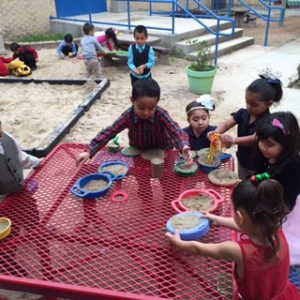
Agency in the early grades helps children take advantage of the unique developmental stage they are in and expands their capabilities beyond simplistic understandings of content and basic learning skills. Agency needs to be a key component of early-grade classrooms and programs that hope to help young children, particularly those from marginalized communities, reach their greatest potential.
Equity and Racial Justice
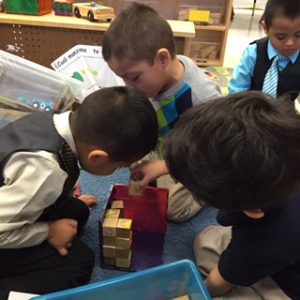

Children of color and children at the intersection of immigration and poverty often often have less access to dynamic, active, agentic learning in the early grades than their wealthier, white peers. This is the result of deficit views of families accompanied by unequal obstacles to academic success for children of color in early education. Our experience and understanding as early childhood teachers and researchers tells us that children need to explore, examine, question, theorize and test their emerging knowledge in order to develop as fully capable learners and thinkers.
Civic Action
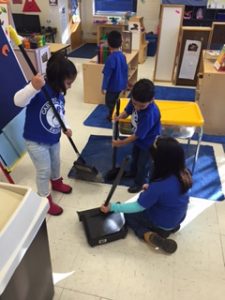
Children act civically every day in their early childhood classrooms. Their civic contributions to classroom communities and our larger society often go unnoticed, are shut down, or are mischaracterized as pro-social or social-emotional skills. If early grade teachers (and the larger field of education) recognized, validated, and even cultivated space and time for civic acts, then young children could embody civic action in ways that help them practice and maintain types of civicness that civic education teaching and learning often aims to reinvigorate in older youth and adults.
Transforming ECE Teaching and Leadership
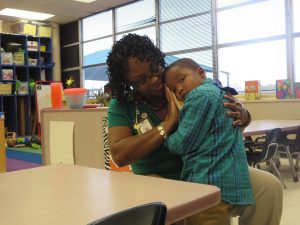
Strength-based orientations are critical for early childhood education and can be transformative. Too often however, early childhood education is positioned as a tool of assimilation and an intervention that can effectively address the challenges of poverty. This research advocates for a vision of early childhood education that recognizes the field’s potential to nurture educational conditions under which all children have a rich foundation from which to flourish.
Learning from Families and Communities
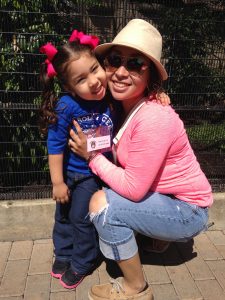
Approaching families and children through what they bring to the table means recognizing the richness of their lives and changing early learning systems so as to better support and honor culturally sustaining practices. Building and documenting programs based on children and their families’ cultural knowledge and experience allows everyone to promote the systemic changes that will make it possible for young children of immigrants to reach their full potential.
Video-cued Ethnographic Methods
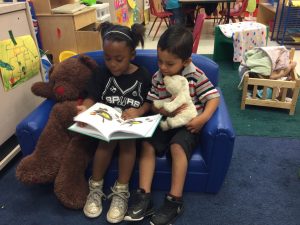
Video-cued ethnography is the process of using film to elicit explanations and responses to educational contexts that can reveal the cultural and socio-political variation in how people understand educational ideas, practices, policies and relationships.
